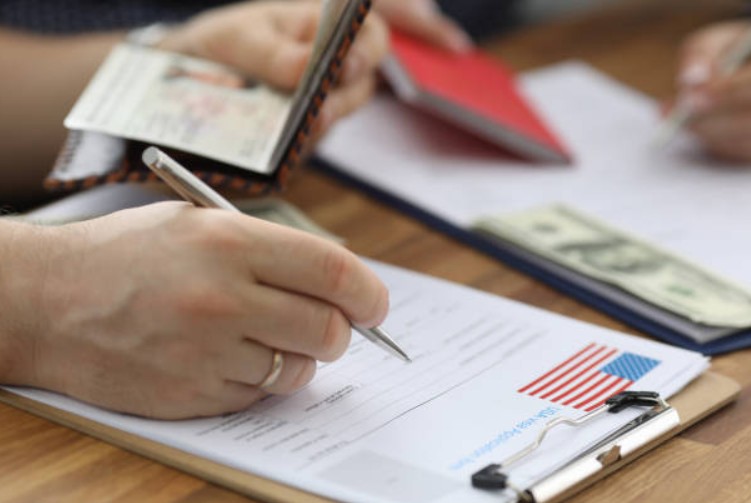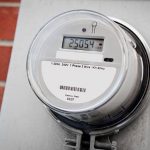A Complete Guide for British Citizenship Applicants
Becoming a British citizen is a life-changing achievement that symbolises belonging, security, and a long-term commitment to life in the United Kingdom. For many people, applying for British citizenship is the final step after years of living, working, and contributing to British society.
However, applying for British citizenship is a formal process that involves strict eligibility checks and detailed documentation.
The Home Office expects every applicant to submit the correct documents in the right format, and failure to do so can result in long delays or even application refusal.
This comprehensive guide explains what documents you need to apply for British citizenship, why each one is required, how to prepare them correctly, and what happens if you miss anything. By the end of this article, you will have a complete, step-by-step understanding of how to successfully prepare your citizenship application documents.
Why British Citizenship Documentation is Critical?
British citizenship is one of the most tightly regulated immigration processes in the UK. Unlike other visa applications, the Home Office rarely offers the opportunity to submit missing documents later. Incomplete or incorrect paperwork will usually lead to outright refusal.
When you apply for British citizenship:
- The documentation you submit must clearly prove your eligibility.
- The Home Office will not contact you to request missing documents.
- The application fee, which is over £1,600 per adult, is non-refundable, even if your application is rejected.
For these reasons, getting your paperwork right from the start is essential. Thorough preparation and attention to detail can save you from unnecessary delays, financial loss, and disappointment.
What Documents Do I Need to Apply for British Citizenship?
While a checklist is helpful, it is equally important to understand why each document is necessary and how to present it properly. Below is a fully detailed breakdown of each document type required for a standard British citizenship application by naturalisation.
1. Proof of Identity
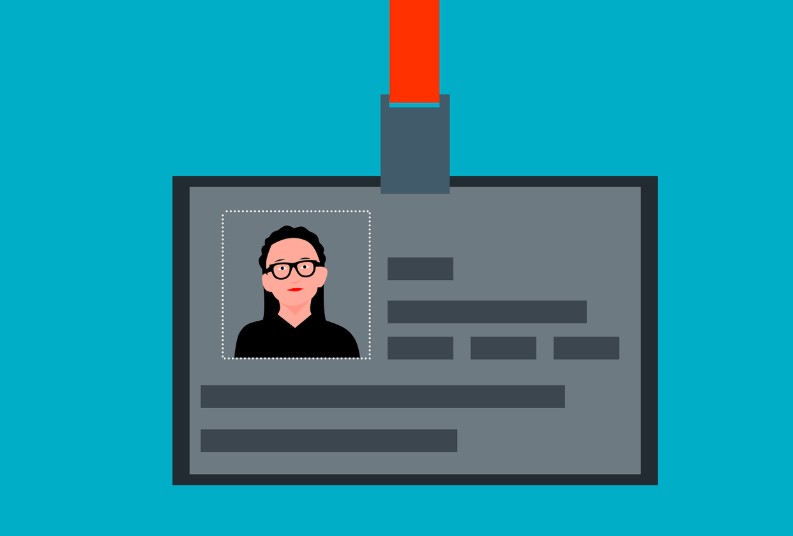
The most basic and essential part of your application is proving your identity. This helps the Home Office confirm your personal details, nationality, and immigration history.
You must submit:
- Your current, valid passport.
- Any previous passports that cover your UK residency period.
- Your birth certificate (sometimes requested, especially if there are name discrepancies or for child applications).
If you have changed your name due to marriage, divorce, or personal choice, you must also submit supporting evidence such as:
- Marriage certificates.
- Divorce decrees.
- Legal name change documents (deed poll).
Why It Matters:
The Home Office must be able to track your immigration records, and previous passports may contain critical visa stamps, entry and exit dates, and immigration decisions that support your case.
2. Biometric Residence Permit (BRP), If Applicable
If you have been issued a Biometric Residence Permit during your time in the UK, you must submit it with your application. The BRP confirms:
- Your immigration status.
- Your right to live and work in the UK.
- Your biometric data, including your photograph and fingerprints.
If your BRP is missing, you should report it immediately and provide evidence of this to the Home Office.
Why It Matters:
The BRP is the most up-to-date record of your settled status in the UK. It helps the Home Office confirm that you are entitled to remain permanently.
3. Proof of Indefinite Leave to Remain (ILR) or Settled Status
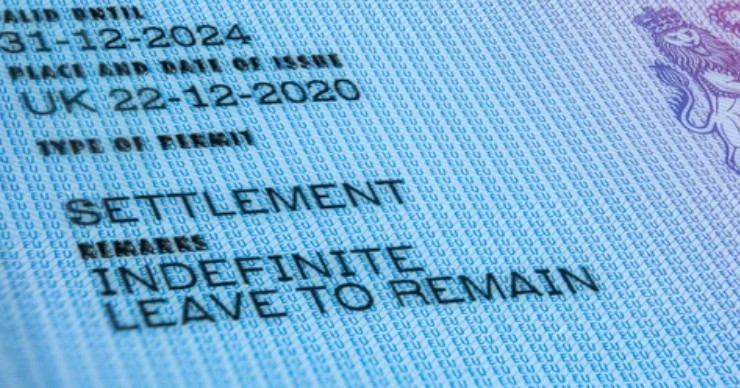
You cannot apply for British citizenship unless you hold either:
- Indefinite Leave to Remain (ILR).
- EU Settled Status (for EEA nationals).
Documents you may need to submit include:
- An ILR approval letter from the Home Office.
- A stamp or vignette in your previous passport showing ILR.
- An EU Settled Status confirmation email (including your share code for online verification).
If you were granted ILR under the old system (before BRPs), your ILR may only appear as a stamp in your passport.
Why It Matters:
ILR or Settled Status is essential because it proves you have no time restrictions on your stay in the UK. Without this, you are not eligible to apply for British citizenship.
4. English Language Proficiency Evidence
The UK citizenship process requires most applicants between the ages of 18 and 65 to prove they can speak and understand English at an acceptable level.
You can meet this requirement by providing:
- A pass certificate from a Secure English Language Test (SELT) at B1 level or higher, from a Home Office-approved test provider.
- A UK degree certificate (taught in English).
- A NARIC/ECCTIS confirmation letter if your degree was awarded outside the UK but taught in English.
Certain applicants are exempt from this requirement, including nationals of majority English-speaking countries and those over the age of 65.
Why It Matters:
English language ability is required to fully participate in UK society. Submitting the correct English language certificate is crucial because unapproved tests will lead to immediate refusal.
5. Life in the UK Test Pass Certificate
Every applicant for British citizenship must pass the Life in the UK Test. This test covers British history, traditions, laws, and customs.
You must:
- Pass the Life in the UK Test before submitting your application.
- Provide your original test pass certificate.
Booking the test well in advance is essential as availability can be limited, especially in busy cities.
Why It Matters:
The Life in the UK Test demonstrates your commitment to British values and your understanding of the country’s culture and social structure.
6. Proof of Continuous Residence in the UK
You must prove that you have lived in the UK:
- For at least five years before your application (standard route).
- For at least three years if applying as the spouse of a British citizen.
Acceptable forms of proof include:
- P60 forms from your employer for each tax year.
- Payslips showing continuous employment.
- HMRC letters confirming your tax history.
- Bank statements covering each year of your residence.
- Council tax bills and utility bills.
- Tenancy agreements or mortgage statements.
You must ensure that there are no unexplained gaps in your residency. If you spent more than 450 days outside the UK in the past five years, or more than 90 days outside the UK in the last 12 months, you may need to provide additional explanations or face refusal.
Why It Matters:
The Home Office needs to verify that you have made the UK your main home and have not spent excessive time abroad.
7. Marriage or Civil Partnership Certificate (If Applying as a Spouse)
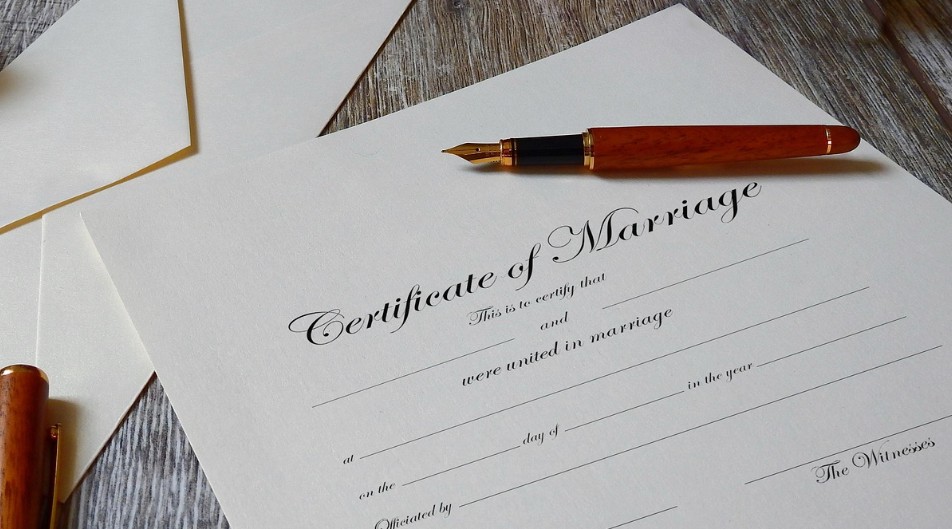
If you are applying for British citizenship based on your marriage to a British citizen, you must include:
- A certified copy of your marriage or civil partnership certificate.
- Your spouse’s British passport or naturalisation certificate.
The marriage must be legally recognised in the UK, and you must have lived together for the qualifying period.
Why It Matters:
When applying as the spouse of a British citizen, you are eligible for a shorter residence requirement. This documentation confirms the relationship and eligibility under this route.
8. Referees’ Information and Signed Declarations
You must provide details of two referees who have known you personally for at least three years.
Referee 1:
- Must hold a British passport.
- Must be a professional person (teacher, police officer, accountant, civil servant, etc.).
Referee 2:
- Can be of any nationality.
- Must also be a professional or a person of good standing in the community.
Referees must sign the application form and confirm that the photographs submitted are a true likeness of you.
Referees must not:
- Be related to you.
- Live at your address.
- Be your legal representative or solicitor.
Why It Matters:
Referees are an essential part of verifying your identity and good character. The Home Office uses their input to confirm the accuracy of your application.
9. Passport-Sized Photographs
You must provide two identical, recent passport-sized photographs that meet the UK passport photo guidelines.
Each photo must:
- Be taken within the last 30 days.
- Meet the official size and quality requirements.
- Be signed on the back by one of your referees confirming your identity.
If you are applying online, some forms now accept digital photographs, but always check the specific instructions for your application format.
Why It Matters:
Accurate photographs are essential for the creation of your citizenship certificate and future passport.
10. Additional Supporting Documents
Depending on your personal circumstances, you may also need to provide:
- Documents showing a legal name change (deed poll, marriage certificate, divorce documents).
- Written explanations if you have any criminal convictions or ongoing investigations.
- Detailed travel history if you have spent significant time outside the UK.
- Evidence of any exceptional circumstances if you do not meet the standard residency requirements.
Why It Matters:
Additional documents are required to address special situations that may otherwise prevent your application from being accepted. Transparency and full disclosure are essential.
What Happens If You Submit the Wrong or Incomplete Documents?
Submitting incorrect, incomplete, or missing documents can have serious consequences on your British citizenship application. Unlike some visa processes where you may be contacted to provide additional information, the Home Office is usually strict with citizenship applications.
Possible Outcomes:
- Application Refusal: The most likely result is that your application will be rejected. The Home Office will issue a refusal letter explaining the reasons.
- Loss of Application Fee: The current fee for adult naturalisation is over £1,600, and it is non-refundable, even if your application is unsuccessful.
- Delays: If minor issues can be clarified, the Home Office may ask for further evidence, but this is rare. In most cases, incomplete applications are simply refused without additional communication.
- Re-application Process: You will need to correct the mistake, gather the right documents, and submit a brand-new application, which means paying the full fee again.
Key Tip:
Always use the latest Home Office document checklist relevant to your application route and carefully cross-check each required item. Many people mistakenly think they can submit alternative documents, but this is rarely accepted unless the Home Office guidance specifically allows it.
Why It Matters:
Submitting an incomplete or incorrect application can cost you time, money, and peace of mind. It’s far better to spend extra time preparing the correct documents than to risk refusal.
Do You Need Legal Help to Prepare Your British Citizenship Documents?

Many people wonder whether they need to hire an immigration solicitor or adviser when applying for British citizenship. While the process is technically designed to be self-service, some applicants may benefit from professional support.
When Professional Help is Highly Recommended:
- Complex Immigration History: If you have gaps in your residency, uncertain travel records, or complex visa pathways.
- Previous Immigration Refusals or Visa Issues: A solicitor can help present your case effectively.
- Criminal Convictions: Even minor offences must be declared, and expert advice can help assess how this impacts your “good character” assessment.
- Loss of Important Documents: Professionals can advise on alternative evidence and draft explanations that satisfy the Home Office.
- Language Barriers or Low Confidence: Having a solicitor or regulated adviser can help guide you through the process with more certainty.
When You May Be Fine Applying on Your Own:
- If your immigration history is straightforward.
- If you have all the required documents.
- If you have no criminal records or complex circumstances.
Why It Matters:
Using a legal adviser is optional, but for some people, it can significantly reduce the risk of mistakes and improve the quality of the application. If you do choose professional help, always use a solicitor registered with the Office of the Immigration Services Commissioner (OISC) or the Law Society of England and Wales.
Common Mistakes When Applying for British Citizenship
Many applicants fall into avoidable traps, including:
- Submitting the wrong type of English language certificate.
- Failing to include previous passports with relevant immigration history.
- Choosing referees who do not meet the eligibility criteria.
- Omitting key documents that prove continuous residence.
- Underestimating the importance of full disclosure regarding travel history and criminal records.
Mistakes like these can lead to rejection, lost application fees, and months of additional waiting time.
Final Thoughts: Prepare, Check, and Submit with Confidence
Applying for British citizenship is a major step towards securing your future in the UK. The process can seem overwhelming, but by carefully preparing each document and following the official guidance, you can submit a strong and complete application.
Taking the time to gather your documents early, double-checking the requirements, and ensuring every form is correctly filled will give you the best chance of a successful outcome.
If you are thinking about applying, or you are already preparing your documents, remember that thorough preparation is key to success.
Frequently Asked Questions About British Citizenship Documents
Can I Apply Without Previous Passports?
If you no longer have previous passports, you must provide a written explanation and offer alternative evidence of your travel history, such as flight records or other immigration stamps.
What if I cannot Find My BRP?
If you have lost your Biometric Residence Permit, you must report it to the Home Office immediately and submit a replacement application. You should include proof of this when applying for citizenship.
Should I Submit Originals or Copies?
Most applications require original documents, especially for identity verification. However, some online applications now accept certified copies. Always follow the most recent Home Office guidance carefully.
Can I Use Friends as Referees?
Your referees cannot be close friends, relatives, or people living at your address. They must be professionals who meet the eligibility criteria and can vouch for your identity and character objectively.



